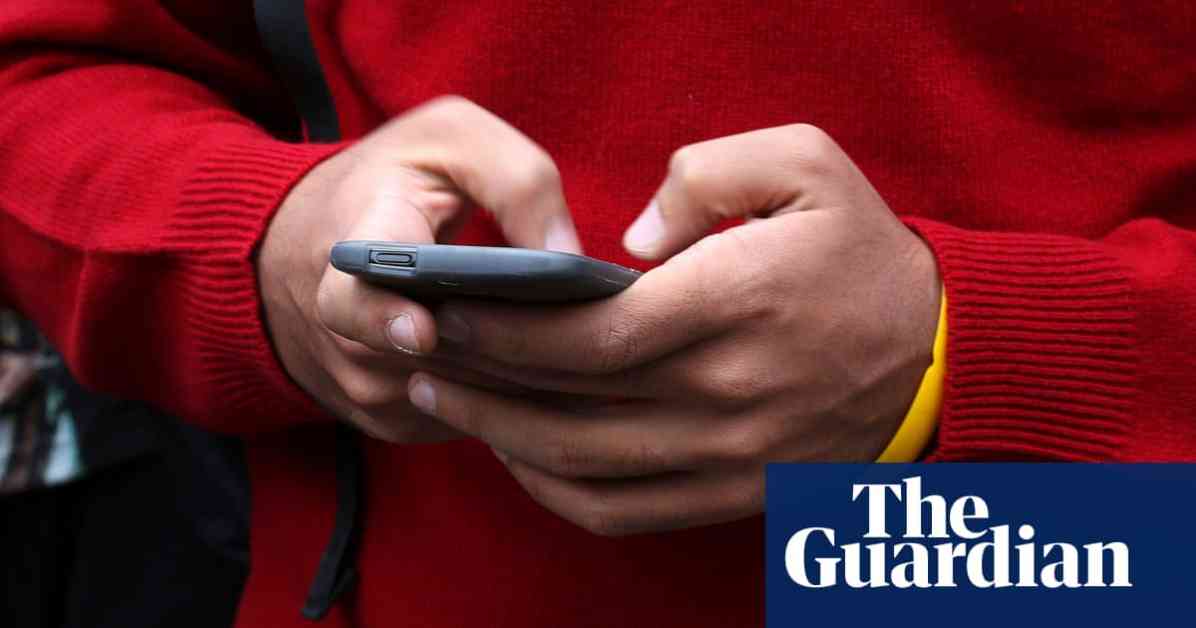Classroom peer pressure can be a concern for parents who are considering implementing a smartphone ban for their children. When the Smartphone Free Childhood (SFC) movement introduced an online pledge to delay smartphone access for children until they are at least 14, it resonated with thousands of parents who were looking for moral support in their decision.
Mike Lawrence, a parent at Law primary school, emphasized the importance of parents knowing they are not alone in this decision. The pact created by SFC, along with its leaderboard showcasing school names without identifying parents or children, provided a sense of community and solidarity among parents facing similar challenges.
The pact has sparked renewed motivation among parents who have formed support networks like WhatsApp groups to navigate the complexities of delaying smartphone use for their children. This movement has gained significant momentum, with a quarter of British schools and over 37,000 parents signing the pact, representing more than 56,000 children.
The concerns raised by SFC regarding smartphone use include the risks associated with harmful online content, the addictive nature of social media, distractions from schoolwork, and the potential impact of excessive smartphone use on mental health. These are valid concerns that have prompted parents to rethink the age at which children should be given smartphones.
Despite the prevalence of smartphones among 12-year-olds in the UK, parents are banding together to address these issues and prioritize their children’s well-being. The pact, which advocates for delaying smartphone access until at least the end of Year 9, has garnered support from parents across the country, including those at schools like Coleridge primary in London.
The pact has served as a catalyst for parents to engage in meaningful discussions with their children about smartphone use and to set boundaries that align with their values. While some children may initially resist this decision, parents like Charlotte Souter emphasize the importance of avoiding isolation and ensuring that their children are not left out socially.
The impact of smartphone notifications, exposure to inappropriate content, changes in social media landscapes, and the overall shift in cultural norms surrounding smartphone use are key factors that parents are grappling with. By coming together and supporting initiatives like the SFC pact, parents are not only advocating for their children’s well-being but also striving to create a broader cultural shift towards responsible smartphone use.
In conclusion, the SFC movement and the pact to delay smartphone access until age 14 have sparked a national conversation among parents about the impact of smartphones on children. By uniting to address common concerns and setting boundaries for smartphone use, parents are taking proactive steps to safeguard their children’s physical, emotional, and mental health in today’s digital age.

